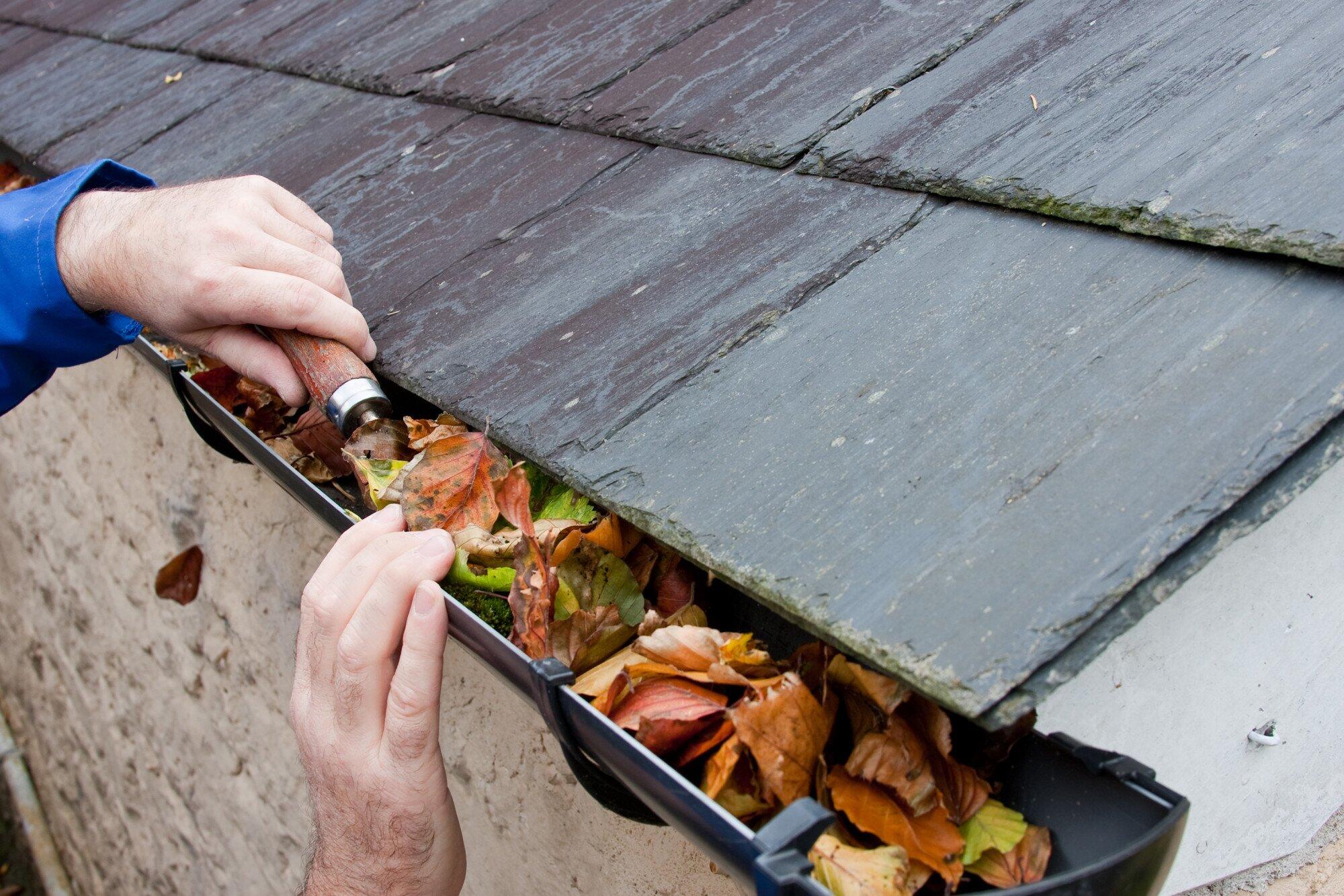Most people accept that most property maintenance responsibilities fall to the landlord, but has anyone ever told you that the law also required renters to take certain steps? This is a crucial fact that every landlord needs to know to manage their property and enforce their rights properly.
"Legal tenant maintenance responsibilities" is the technical legal jargon for the tenant's duties. Tenants can also choose to take on extra duties, called optional responsibilities. Learn about these two types of duties and what they allow you to do in this short guide.
Legal Tenant Maintenance Responsibilities
Security deposit laws allow landlords to withhold a security deposit if their tenants damage the rental property. This legal framework is what gives tenants their responsibilities.
A tenant is responsible for taking reasonable steps to avoid the property becoming damaged or uninhabitable. Some practical examples include:
- Keeping the place clean and free of odors that sink into the floors, walls, and ceiling
- Taking out the trash to avoid infestation
- Avoiding dangerous practices like lighting open fires or fireworks inside
Expecting your tenants to adhere to these basic duties may seem trivial, but there are many cases of nightmare tenants every year. That's why it's essential to do proper tenant screening.
Optional Tenant Maintenance Responsibilities
All maintenance beyond the tenant's duties is generally the landlord's responsibility. However, this doesn't mean landlords are the only ones allowed to do them.
Tenants may take up extra responsibilities if they want to. This can be to solve a temporary problem or on a permanent basis. What's critical is that the tenant and landlord agree to vary where the typical responsibilities lie.
Some examples of these jobs include painting, fixing carpets, repairing furniture, or any other task the tenant is willing to do. It's best to have these variances laid out in a contract. Having an attorney or property manager review the contract is also a good idea to ensure fairness and legality.
Uses of Varying Property Maintenance Responsibilities
There are many situations where the tenant taking up extra responsibilities is beneficial. To be fair, however, both parties need to benefit.
A common example is where the landlord lives exceptionally far from the property. The tenant may agree to handle some maintenance themselves for reduced rent. The landlord gets less rental income but saves time and money on long trips to the property.
Allowing similar arrangements with tenants with the skills to do the repairs is also common. This helps build a good relationship with tenants as it shows mutual trust and cuts down on delayed repairs.
Get More Insights for Landlords
Both landlords and tenants have property maintenance responsibilities. Tenants must do simple tasks like cleaning and taking the trash out to keep the place habitable. They must also avoid doing things that would damage the property.
Landlords have to do repairs whenever something major breaks, as a general rule. However, these tasks can be shifted to the tenants if there's an agreement. This leaves a lot of room for you to personalize your relationship with your tenants.
At PMI Metroplex, we understand that each rental property needs personalized care. Get expert advice from us today with your lease agreements, property management, tenant relations, and more!


